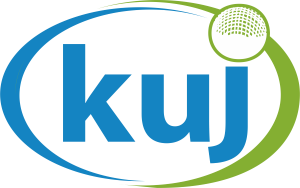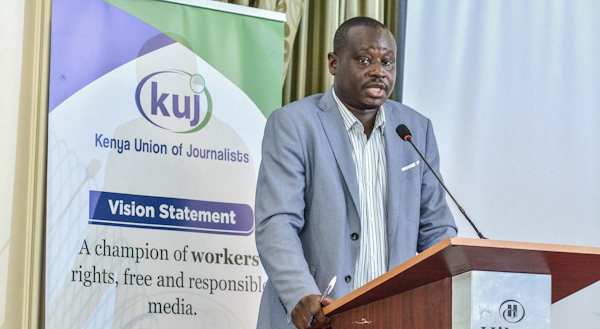World Press Freedom Day: Don’t Take Away Gains Kenya Media Has Registered
Today is World Press Freedom Day, a day men and women who are in love with their pens, notebooks, cameras, and microphones reflect on their work and environment and what they go through to feed society with refreshing information.
Kenya has undoubtedly positioned itself as the country in Africa with well-developed media, however, it’s ranking in World Press Freedom Index has not been impressive at all.
It is high time we started asking ourselves tough questions on why some countries in the region with worse cases of violation of the rights of journalists are ranked ahead of us.
While we celebrate some of the positive developments, we cannot turn a blind eye to challenges that can be nipped in the bud to protect the gains we have made.
All stakeholders in the industry should pull all the stops to safeguard the gains Kenyan media has registered for years.
Over the past two years, a trend is developing where the heavy presence of the government is being seen in media regulation in total violation of freedom of the media. While the government support for the media is welcome, it must keep editorial space as we think of transitioning to self-regulation.
There has been some overreach by some state agencies keen on tightening their grips on the media to serve some interests that are not for the common good of society.
This is dangerous for the growing democracy that requires media to not only inform but play the critical role of watchdog given that the country has not known opposition since March 2018 when President Uhuru Kenyatta and former Prime Minister Raila Odinga had a handshake.
The covid-19 pandemic was a wake-up call on the Kenyan media that it is built of quicksand and can sink anytime when minimum force is applied.
The redundancies and salary cuts that journalists and media workers were subjected to were demonstrations that the industry is not stable, and requires some reflections on how to shield it from such eventualities in the future.
It was against this backdrop that the industry stakeholders stopped reading books of lamentation converged in Maanzoni last year (2021) and released six-point agenda dubbed Maanzoni Declaration to guide the industry while seeking solutions to the challenges is facing.
The key tenets of Maanzoni Declarations are media sustainability, media support, policy, and legal reforms, gender inclusion, and the safety and welfare of journalists.
If all duty bearers can occupy themselves with these issues, the industry will certainly repulse the challenges that lie ahead.
If we can create time and resources to focus on these issues instead of annual rituals in newsrooms where journalists are fired or retired, then we will be talking.
We head to elections on August 9 with a media that is determined to turn the tides against challenges that bedeviled it in the past two elections, where performance was found to be below par by post-elections analysis and reports.
All stakeholders have a duty to build confidence among the consumers of media products by working jointly in projects that require huge resources to deliver news to readers, listeners, and viewers instead of competing. All consumers of news want are credible and verifiable information. If the media does not get it right, the situation will be worse in the future due to technological changes that have made the delivery of news more convenient.
Lastly, even as we prepare journalists and the industry ahead of the elections, let’s ensure the environment is safe and their pockets too are not empty. We cannot expect journalists and their support staff to work when some have not been adequately remunerated.
I believe media, just like any business, should take the welfare of their staff seriously to motivate them. The biggest threat to press freedom is poor terms and conditions of service.
Erick Oduor is the Secretary-General of the Kenya Union of Journalists

